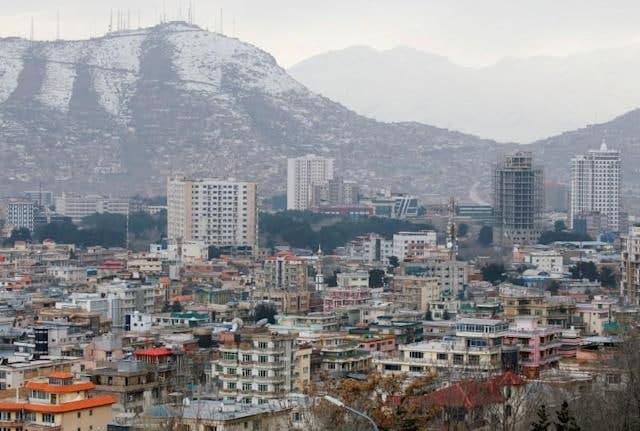WASHINGTON/KABUL, Aug 11 (Reuters) - Taliban fighters could isolate Afghanistan's capital in 30 days and possibly take it over within 90, a U.S. defence official cited U.S. intelligence as saying, as the resurgent militants made more advances across the country.
The official, speaking to Reuters on condition of anonymity on Wednesday, said the new assessment of how long Kabul could stand was a result of the Taliban's rapid gains as U.S.-led foreign forces leave.
"But this is not a foregone conclusion," the official added, saying that the Afghan security forces could reverse the momentum by putting up more resistance.
The Islamists now control 65% of Afghanistan and have taken or threaten to take 11 provincial capitals, a senior EU official said on Tuesday. Faizabad, in the northeastern province of Badakhshan, on Wednesday became the eighth provincial capital to be seized by the Taliban.
Fighting was extremely intense in Kandahar city, a doctor based in southern Kandahar provice said. The city received scores of bodies of Afghan forces and some injured Taliban.
All gateways to Kabul, which lies in a valley surrounded by mountains, were choked with civilians fleeing violence, a Western security source said. It was hard to tell whether Taliban fighters were also getting through, the source said.
"The fear is of suicide bombers entering the diplomatic quarters to scare, attack and ensure everyone leaves at the earliest opportunity," he said.
The speed of the Taliban advance has shocked the government and its allies. The group, which controlled most of Afghanistan from 1996 to 2001, when it was ousted for harbouring al Qaeda chief Osama bin Laden after Sept. 11, wants to defeat the U.S-backed government and reimpose strict Islamic law.
U.S. State Department spokesman Ned Price said the attacks were against the spirit of a 2020 agreement.
The Taliban committed to talks on a peace accord that would lead to a "permanent and comprehensive ceasefire," Price said on Wednesday. "All indications at least suggest the Taliban are instead pursuing a battlefield victory."
"Attacking provincial capitals and targeting civilians is inconsistent with the spirit of the agreement," he said.
The United Nations said more than 1,000 civilians had been killed in the past month, and the International Committee of the Red Cross said that since Aug. 1 some 4,042 wounded people had been treated at 15 health facilities.
The Taliban denied targeting or killing civilians and called for an independent investigation.
The group "has not targeted any civilians or their homes in any locality, rather the operations have been undertaken with great precision and caution," spokesperson Suhail Shaheen said in a statement on Wednesday.
